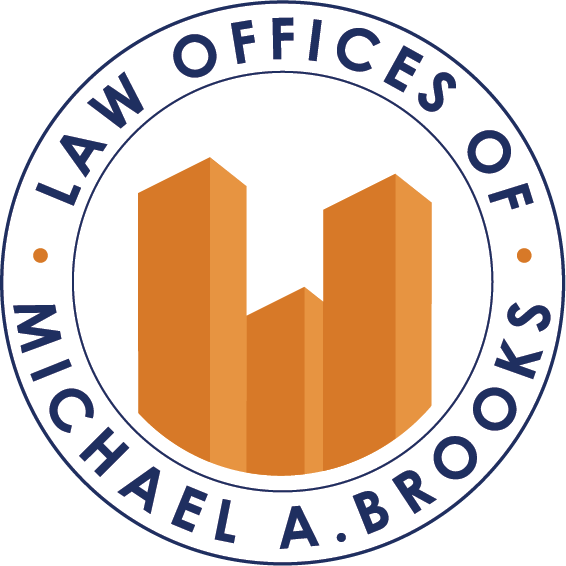HOMEOWNERS’ ASSOCIATIONS: WHAT YOU NEED TO KNOW BEFORE YOU BUY
On behalf of Michael Brooks of Law Offices of Michael A. Brooks posted in commercial real estate acquisitions & dispositions on Friday, December 22, 2017.
If you’re thinking about buying property that comes with a homeowners’ association (HOA), there are some things that you need to think about before you buy.
HOAs form what are known as “common interest” communities that are designed for everyone’s benefit — but you may not feel particularly “benefited” if you don’t like the rules.
Before you let a dream home turn into a nightmare, this is what you need to know:
1. Homeowner association fees are not optional. Whether you want to take part or not, the HOA is a package deal — along with the fees. You need to find out if they are paid annually or monthly and factor them into your budget.
2.You can be charged more. If something that’s available for common use — a pool, gym, roof or parking deck — goes up, the HOA can level an assessment. This could set you back thousands when you least expect it.
3. HOAs are designed to protect the community’s quality and style of life. That means it may restrict anything from the type of fence you put up to the color of paint you use on your doors.
4. You want to examine a copy of these important documents:
- The HOA’s bylaws, which tell you how the HOA operates
- Any subdivision map or plan, which illustrates common areas and easements
- The HOA’s Covenants, Conditions and Restrictions (CC&Rs), which are binding documents even if you didn’t sign them. They set the tone for the entire HOA.
- Association rules, which can be modified by a vote of the HOA’s rules.
- Delinquency policies, which tell you what happens if you fall behind on your HOA fees.
5. It’s important to remember that the HOA can foreclose on your property for unpaid HOA fees just as easily as a bank can foreclose for an unpaid loan.
HOAs can be wonderful — if you like your world orderly and predictable and enjoy the benefits they bring. However, you need to carefully review all of the HOA’s governing documents, especially the CC&Rs. It may even be wise to seek legal advice before you commit to the real estate transaction.
Source: The San Diego Union-Tribune, “HOA Homefront: What governing documents do (and why you should care),” Kelly G Richardson, Dec. 07, 2017
Related Posts: How does the adverse possession of real estate work?, Bad real estate deal lands Taylor Swift in lawsuit, What’s the difference between mineral rights and surface rights?, Short sales can make a good bargain
